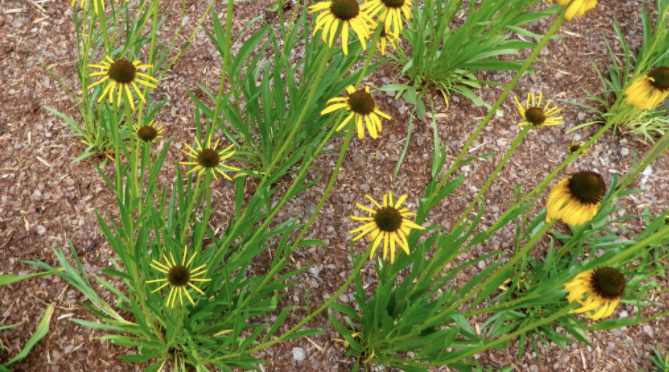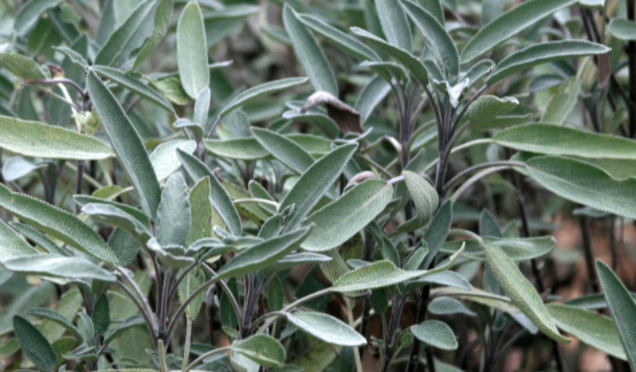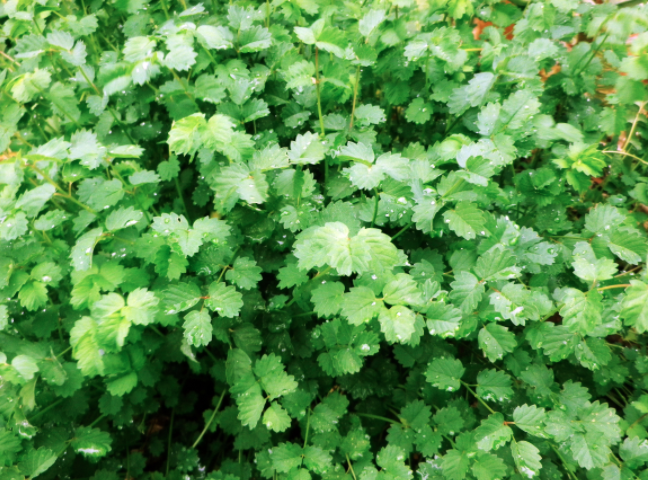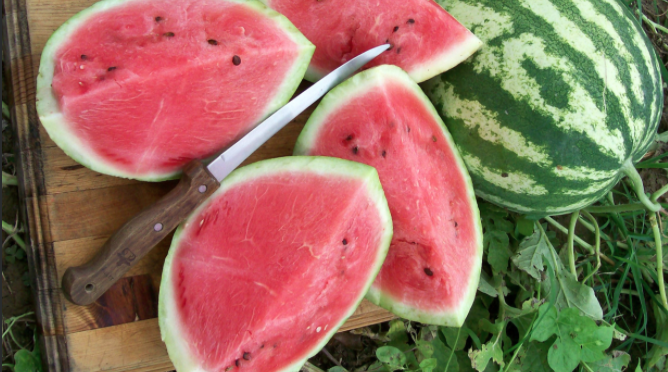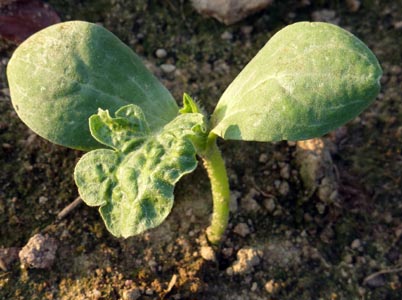Most common vegetable crops don’t require stratification. However, if you’re getting into flower gardening or planting medicinal herbs, you may have noticed that some seeds require stratification. Some may not require it but will germinate better if they’ve been stratified.
Stratification is a process of treating seeds to mimic natural conditions. There are a few types of stratification, including dry stratification, moist stratification, and scarification. These methods can help improve or speed up the germination for many species.
Seeds that Require or Benefit from Stratification
- St. John’s Wort
- Echinacea (except Echinacea purpurea)
- Milkweed
- Rudbeckia
- Soapwort
- Larkspur
- Delphinium
- Poppies
- Nasturtiums
- Butterfly Weed
- Sweet Peas
Cold Stratification
Many flower and herb species that are native to areas with cold winters benefit from cold stratification. In nature, the seed would mature in the fall and be exposed to winter conditions before breaking dormancy. The seeds don’t germinate until after they’ve been exposed to cold. This ensures that the seeds don’t germinate too early.
There are two methods to mimic this cold period. The first method of cold stratification is called dry stratification. This method works fine for many seeds. All you need to do is place your seed packets in a container in your freezer. The amount of time you should leave them is specific to the variety, but it’s generally a month or longer.
The second method is moist stratification. This method is when you expose the seeds to cold and damp conditions. It’s excellent for species that drop their seeds in the fall. Place your seeds in a container in the fridge (not the freezer!) on something that will hold moisture, such as sawdust, sand, vermiculite, or a cloth. Keep it moist but not soaked for ten days to three months, depending on the variety. Alternatively, you can sow these seeds in the fall.
Scarification
Scarification is the process of scratching the seeds’ coating to allow moisture in. This method can increase germination rates of large-seeded species such as sweet peas, nasturtiums, milkweed, and morning glories.
You don’t want to damage the seed too much, so it’s essential to do this carefully. Gently scratch the seeds coating with coarse sandpaper or a file.
This process can be used in combination with soaking the seeds before planting.
Planting
After you have stratified your seeds, they’re ready to plant! It’s important to follow the instructions for each variety. You also should keep the soil moist until your plants are established. Allowing stratified seeds to dry out can prevent them from growing.

